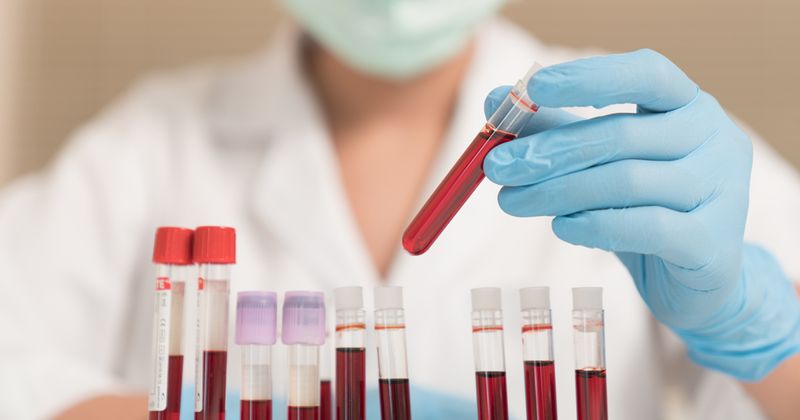Blood
Blood-based next-generation sequencing tool may predict early acute kidney rejection
November 04, 2023
1 min read
Key takeaways:
- The multicenter international study consisted of 14 sites.
- Research said more tailored immunosuppression will help patents avoid the risks associated with over- and under-immunosuppression.
PHILADELPHIA — Immunologic risk assessment with a blood-based next-generation sequencing tool may be able to predict the risk of early acute kidney rejection before transplantation, according to research presented at ASN Kidney Week.
“Currently, we immunosuppress our patients with a very simplistic approach – ‘one size fits all.’ This is the first study that provides some insights pre-transplant on the risk of rejection early post-transplant,” Lorenzo G. Gallon, MD, of Northwestern University, Feinberg School of Medicine, told Healio. “With this important information based on 29-gene signatures generated from RNA obtained from peripheral blood with next-generation sequencing and then by applying machine-learning shrinkage discriminate analysis, more tailored immunosuppression can be given to our patents, avoiding the risks associated with over and under immunosuppression.”
The multicenter international study consisted of 14 sites in the United States, Italy, Spain, France and Australia. Overall, 122 patients had blood collected prior to transplantation to study if the next-generation sequencing signature predicted the risk of early acute rejection after kidney transplantation. Patients were followed at their 1-month and 3-months visits and had a biopsy taken at 3 months and anytime if for cause. The clinical endpoint of early acute rejection was histopathology according to the Banff Classification of Allograft Pathology classification.
Researchers found the assay performance results for a risk classification of low or high risk within the first 60 days after transplantation correlated to early acute rejection outcomes based on histopathology.
“The results are not surprising for us. A percentage of renal transplant patients reject post-transplantation despite receiving standard immunosuppressive therapies,” Gallon said.
Reference:
Gallon LG, et al. TH-PO1115. Presented at: ASN Kidney Week; Nov. 1-5, 2023; Philadelphia.


